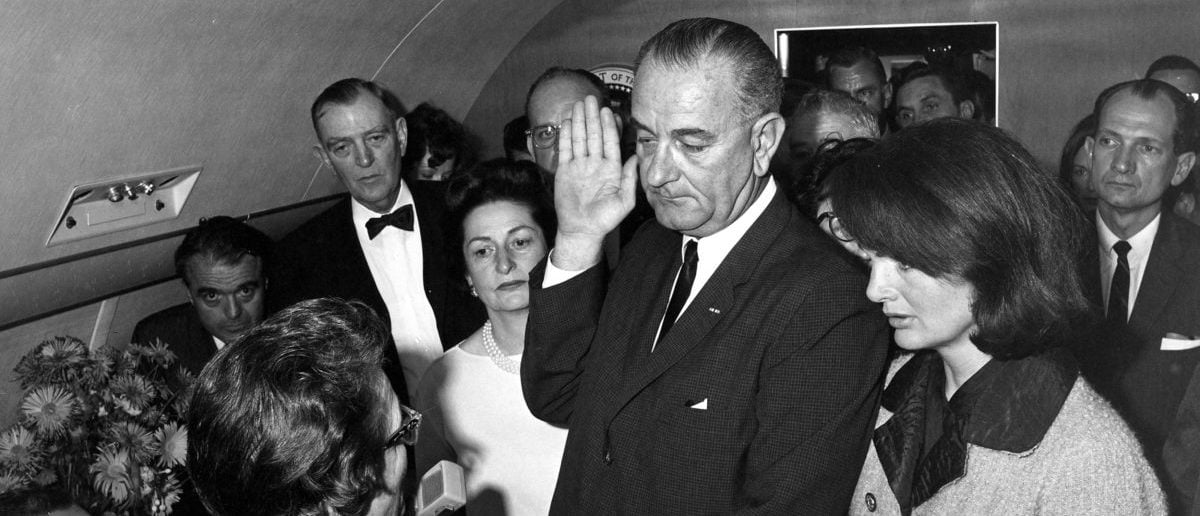TheYellowKing
Diamond Member
Must be blacks still have slavery today and the first country to abolish slavery were whites in Great BritainBlacks were part of that abolition movememt and blacks died fighting slavery from its inception. Seem like that gets skipped over and it should not. And why are we supposed to give whites credit for ending something wrong they started in the first place? Furthermore and I will repeat, if whites had really been so much for our freedom there never would have been Jim Crow.


